20 Tech Flops in the Last 20 Years
When Tech Misses the Mark: A Look Back at Big Ideas That Didn’t Fly
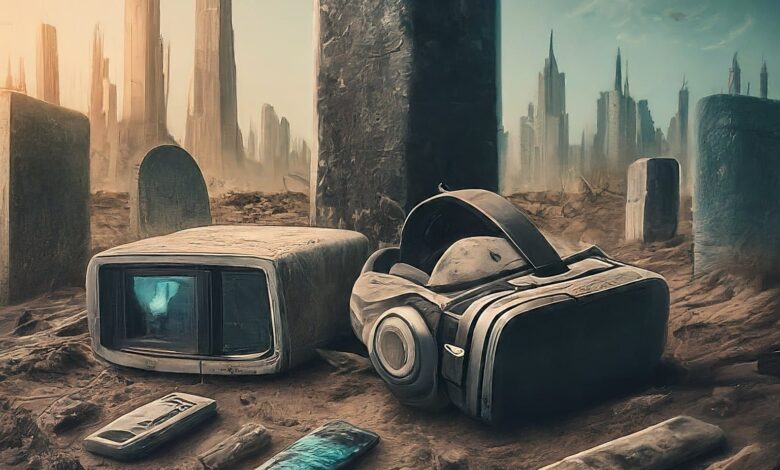
Every big leap in technology starts with a bold idea, a spark of innovation that promises to change the game. But not every spark catches fire. Over the past twenty years, we’ve witnessed some truly groundbreaking advancements, but we’ve also seen our fair share of ideas that, for one reason or another, just didn’t pan out. This isn’t a story of failure, though; it’s a celebration of trial, error, and the relentless pursuit of progress. From software snafus to hardware hurdles, we’re taking a stroll down memory lane to revisit some of the most ambitious tech ventures that didn’t quite hit their stride. These tales are reminders of the complexity behind simplicity, the challenges of innovation, and the lessons learned that pave the way for future success. So, buckle up for a journey through two decades of tech’s most notable detours and what they taught us about pushing the boundaries of possibility.
Software Misadventures
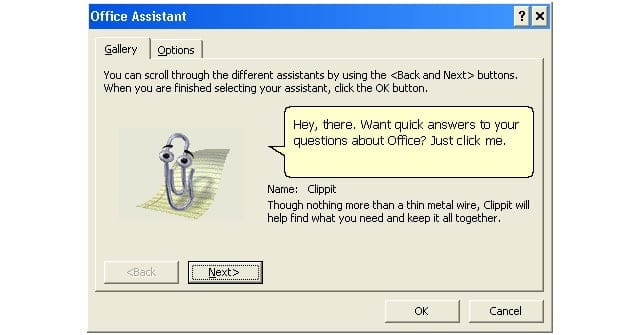
- Microsoft Clippy (1996) – An early attempt at an AI assistant that became more of a nuisance than a help, leading to its eventual removal from Microsoft Office.
- Windows Vista (2007) – This OS iteration faced widespread criticism for its performance issues, heavy system demands, and intrusive security features, compelling Microsoft to accelerate the release of its successor, Windows 7.
- Google Wave (2009) – Despite its innovative approach to online communication, its complexity and lack of clear purpose led to disinterest and discontinuation.
- Google Buzz (2010) – Integrated into Gmail, its privacy issues sparked immediate concern and contributed to its swift exit.
- Windows 8 (2012) – Its attempt to overhaul the user interface for touch compatibility confused many users, impacting its adoption and leading to a course correction with Windows 10.
- Apple Maps (2012) – Notable for its flawed launch, Apple’s navigation app faced ridicule for its inaccuracies, prompting a rare public apology from the company.
- BlackBerry OS 10 (2013) – As BlackBerry’s attempt to reclaim the smartphone market, its failure significantly contributed to the company’s decline in this sector.
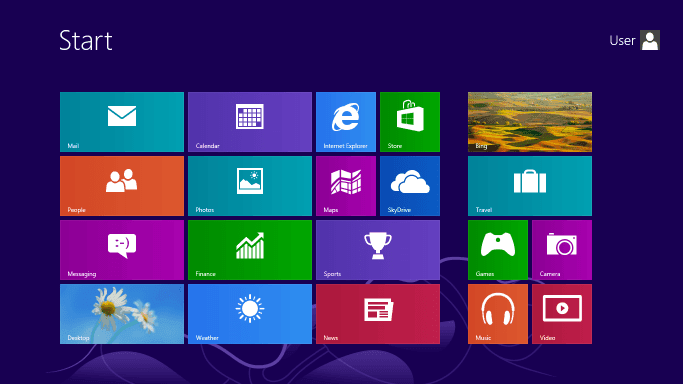
- MySpace Relaunch (2013) – This attempt to revive the social network with a focus on entertainment couldn’t compete with the dominance of other platforms.
- Google Allo (2016) – Despite Google’s backing and integration of AI features, it couldn’t carve out a niche in the crowded messaging app market.
- Juicero App (2016) – Serving as a companion to the hardware flop, its reveal highlighted issues of unnecessary complexity and cost in tech innovation.
Hardware Hiccups
- Segway (2001) – Its promise to revolutionize personal transportation faced practical challenges, including regulatory hurdles and a high price point.
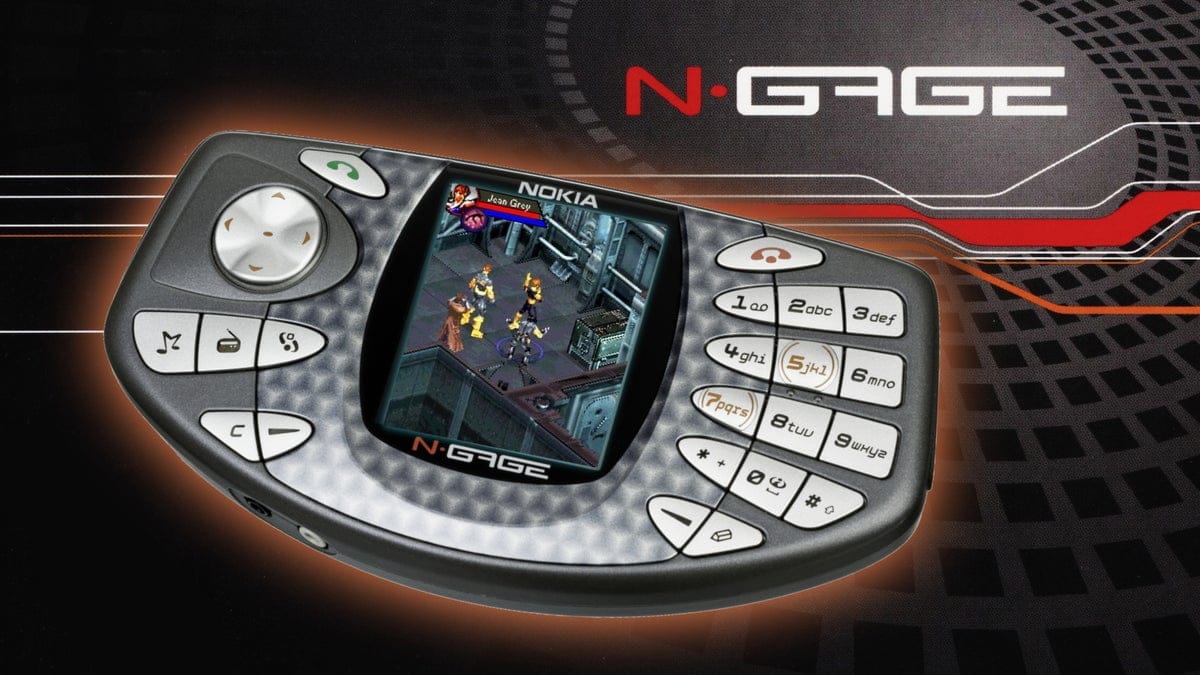
- Nokia N-Gage (2003) – This device’s awkward design and poor game library hindered its acceptance as either a gaming platform or a mobile phone.
- Apple Newton (1993-1998) – An early attempt at a personal digital assistant, it suffered from poor handwriting recognition and high costs.
- HD DVD (2006) – Toshiba’s bet on the HD format war ended in defeat to Blu-ray, affecting the HD content market and player sales.
- Microsoft Zune (2006) – Aimed at competing with the iPod, its late entry and lack of distinct advantages led to its eventual discontinuation.
- 3D Televisions (2010s) – The industry’s push for 3D TV technology failed to resonate with consumers, leading to a decline in interest and support.
- Google Glass (2013) – Privacy concerns and a lack of clear consumer applications led to its repositioning away from the general public.
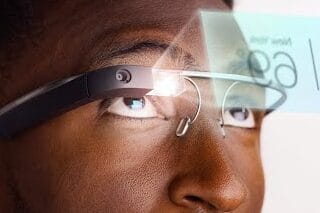
- Facebook Phone (HTC First, 2013) – This collaboration between Facebook and HTC failed to gain traction, demonstrating the challenges of entering the smartphone market.
- Amazon Fire Phone (2014) – Amazon’s attempt to expand its ecosystem into smartphones struggled with user adoption and was discontinued.
- Galaxy Note 7 (2016) – Safety concerns over battery fires had significant repercussions for Samsung, affecting its reputation and financial performance.
And that’s a wrap on our stroll down tech memory lane. It’s been quite the ride, hasn’t it? From software that made us scratch our heads to gadgets we thought we’d love but ended up collecting dust. These stories are more than being just tech flops; they’re about having the guts to give something new a shot. Sure, not everything turned out to be the next big thing, but each of these attempts has its own silver lining – a lesson learned, a mistake not to repeat, or simply a reminder that it’s okay to swing and miss as long as you keep swinging. So, here’s to the risk-takers and the innovators, the ones who make mistakes but keep on trucking. Because who knows? The next big breakthrough might just be born from one of these not-so-great ideas. Keep dreaming big and trying hard, folks. Who knows what we’ll be looking back on in another 20 years?